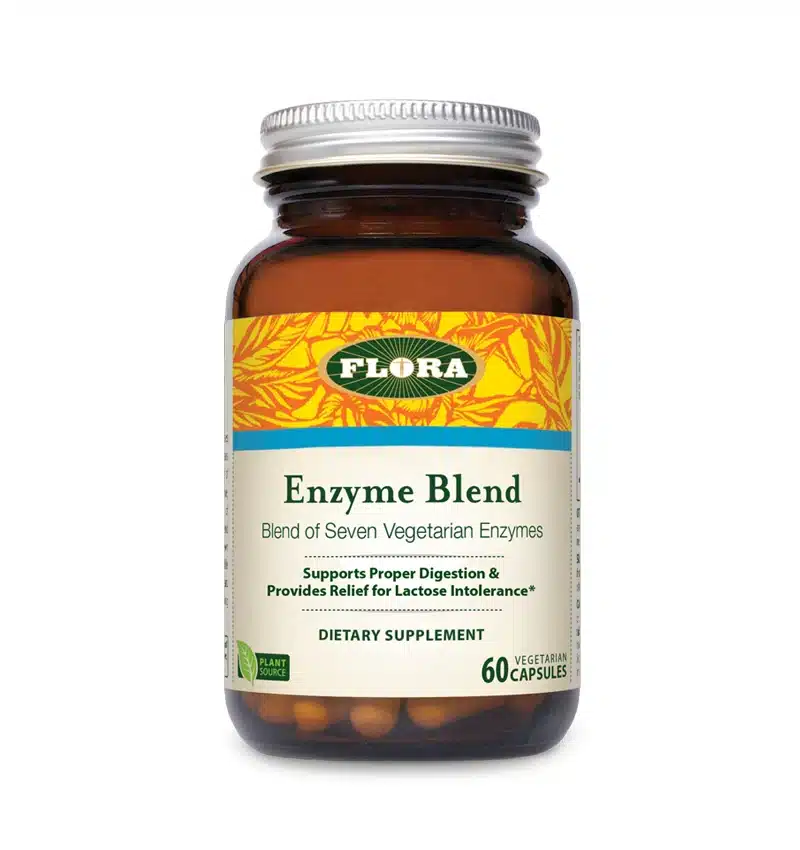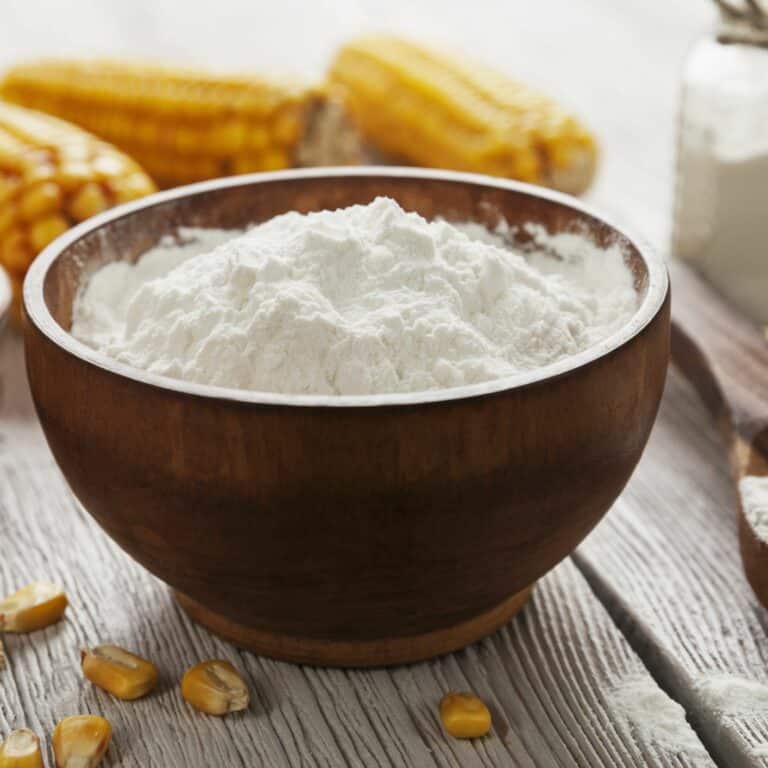Are Digestive Enzymes Safe to Take while Pregnant?
Navigating the physical journey of pregnancy often comes with a number of digestive difficulties—from nausea, to heartburn, and even constipation. In the face of disagreeable symptoms, many pregnant women consider taking digestive enzymes as a way to find relief. But is it safe? With such an important question on the table, let’s take a closer look at whether or not taking digestive enzymes during pregnancy is advisable.
Are Digestive Enzymes Safe to Take while Pregnant?
The answer might surprise you– yes, digestive enzyme supplements are generally considered to be safe for pregnant women and their babies. With that said, it’s best to consult with your doctor before taking any supplement while pregnant, even those believed to be completely safe.
What are Digestive Enzymes, and How Do They Work?
Digestive enzymes are proteins that break down food into smaller molecules so they can be more easily absorbed by the body. These enzymes are naturally produced by the body, but they can also be taken in supplement form.
When it comes to the safety of digestive enzymes during pregnancy, the answer is complex. Some studies have shown that taking a combination of enzymes and probiotics can help lessen the symptoms of nausea and vomiting. However, there isn’t enough evidence around the potential risks of taking supplements while pregnant, hence why medical advice should be sought before doing so.
What Should You Do When You Experience Digestive Issues While Pregant?
For pregnant women, making an informed decision about digestive enzymes can be challenging. While these proteins—which break down food into smaller molecules and make them easier for the body to absorb—are produced naturally by the body, there is evidence suggesting they can help with digestive issues during pregnancy.
A study published in the Journal of Obstetrics and Gynaecology found that a combination of digestive enzymes and probiotics managed to reduce nausea and vomiting symptoms. Despite this, many healthcare professionals believe it is best for expecting mothers to avoid taking any kind of supplement unless specifically recommended. This is because most supplements have not been adequately studied for their effects on pregnant women.
What Can I Take for Digestion While Pregnant?
Experiencing digestive issues while pregnant? Don’t worry, there is plenty you can do to ensure your pregnancy remains comfortable. Start by modifying your diet. Eating meals that are comprised of fresh whole grains, lean proteins, fruits, and vegetables will foster regularity in your digestion. Make sure to stay well hydrated too by drinking a sufficient amount of water. Furthermore, steer clear of foods that may cause indigestion such as spicy or greasy meals.
If dietary changes aren’t enough, consider adding natural supplements to your routine. Probiotics are beneficial bacterias that have been found to reduce symptoms associated with nausea and constipation. Furthermore, ginger has long been known to subdue nausea and vomiting —and the studies back it up. Ginger supplementation significantly reduced nausea and vomiting amongst pregnant participants compared to those who took a placebo pill.
You don’t need to suffer in silence due to digestive troubles caused by pregnancy. Embrace the positive aspects of this special time in your life by taking care of yourself with nutritious food, adequate hydration, and helpful supplements if needed.
For expecting mothers, fiber supplements can be a great aid in alleviating constipation. This is because the extra bulk to your stool allows for better digestion and regularity. However, getting dietary fiber from natural sources such as fruits, vegetables, and whole grains is always the preferred option. It’s important to consult with your healthcare provider before taking any supplement during pregnancy – no matter how ‘natural’ it may be.
What Vitamins Should be Avoided During Pregnancy?
Pregnant women must be cautious about the vitamin intake during their term for the wellbeing of the baby. Vitamin A is essential to a baby’s development, but consuming large amounts can have dire consequences, such as malformations in the skull, face, and brain. Food and supplements are two sources of Vitamin A, so read the labels carefully to ensure you know how much you’re consuming.
In addition, it is wise to stay away from Vitamin E while pregnant, since its high doses are linked to premature labor. As with the other vitamins, look out for Vitamin E on supplement labels to get aware of the dosage. Last but not least, Vitamin K should also be avoided. The benefit of this nutrient is that it aids in blood clotting, yet taking too much carries a risk of bleeding in the baby. Again, check the labels to ascertain how much Vitamin K is added. Taking precautionary measures now may save an infant from harm in the future.






